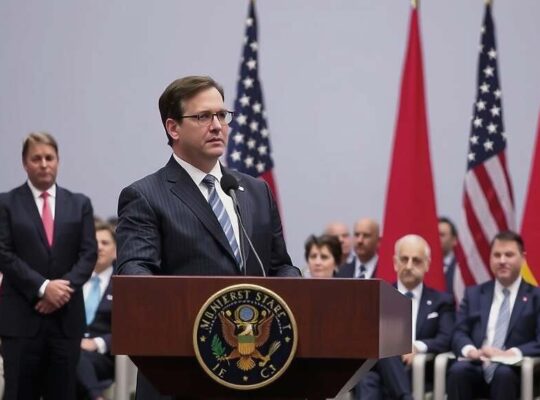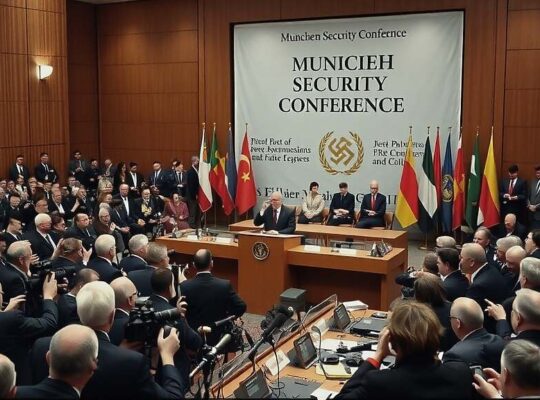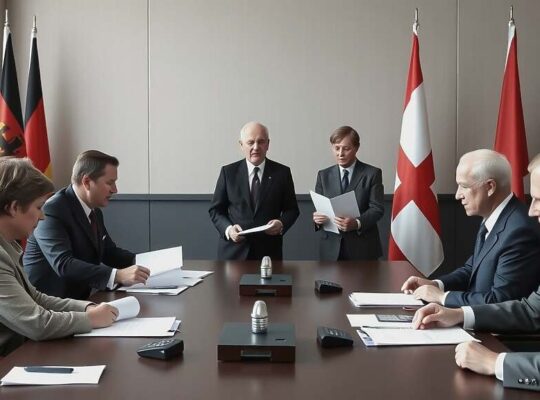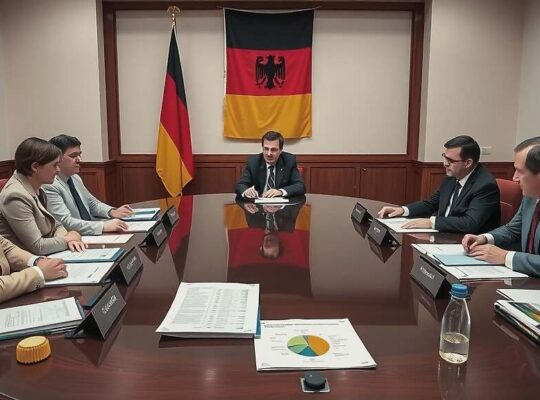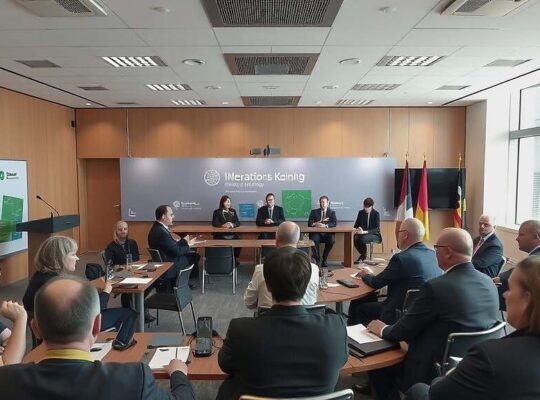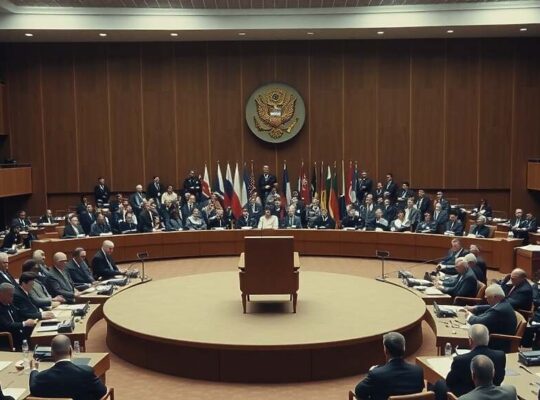The newly established National Security Council is poised to convene for its inaugural session on Wednesday, sparking cautious optimism within the German parliament regarding the nation’s ability to confront escalating hybrid threats. Sonja Eichwede, deputy leader of the SPD parliamentary group, underscored the significance of the council’s formation, particularly given the current geopolitical landscape.
Eichwede emphasized that the council’s focus on countering orchestrated hybrid operations – encompassing drone incursions, cyberattacks and disinformation campaigns – represents a crucial development. These activities, she stated, are being actively monitored in collaboration with German security agencies. The complexity of these threats demands a more coordinated and centralized response, something the National Security Council is designed to provide.
Chancellor Friedrich Merz of the CDU has announced that the council’s first order of business will be to address a “action plan to defend against hybrid dangers”. While heralded as a proactive measure, some political observers are questioning the plan’s scope and potential effectiveness. Critics within the opposition are examining whether the proposed actions adequately address the root causes of the hybrid warfare tactics employed, particularly those attributed to Russia.
The council’s formation has also drawn attention to the delicate balance between national security concerns and civil liberties. Concerns remain regarding potential overreach in surveillance powers and the implications for freedom of information, demanding stringent oversight mechanisms.
Ultimately, the National Security Council’s success hinges not only on the action plan itself, but also on its ability to foster genuine inter-agency cooperation and maintain public trust, navigating the inevitable political and legal scrutiny that accompanies heightened security measures.




